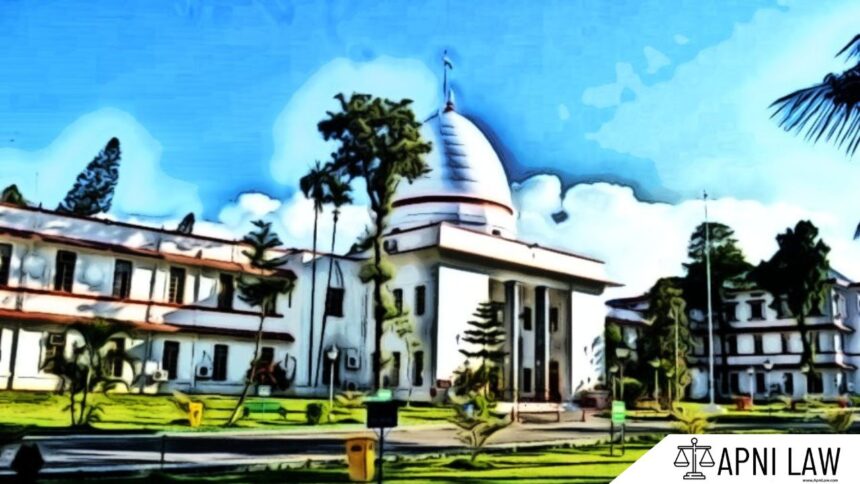Court Overturns Conviction for Cheating in Promise to Marry Case
The Gauhati High Court has set aside a trial court’s conviction under Section 417 IPC, ruling that mere refusal to marry does not constitute cheating unless the prosecution establishes fraud under Section 90 IPC.
Justice Arun Dev Choudhury delivered the judgment while hearing a criminal revision petition challenging a 2010 conviction by the Chief Judicial Magistrate (CJM), Morigaon. The trial court had sentenced the accused to one year of imprisonment and a fine of ₹1,000. The Sessions Judge, Morigaon, upheld the conviction in 2012, prompting the accused to approach the High Court.
Case Background
The case originated from a complaint filed by a woman who claimed she was in a romantic relationship with the accused from 2004-05. She alleged that he promised marriage, engaged in sexual relations with her, and caused her to become pregnant in 2007.
She further stated that he persuaded her to abort the pregnancy, assuring her that they would marry in the first week of Magh. However, on January 30, 2008, he refused to marry her and asked her to marry someone else instead.
Arguments by the Parties
The defense argued that the prosecution failed to prove deception at the beginning of the relationship. Since the complainant was a consenting adult in a long-term relationship, her consent to physical relations was not induced by fraud.
The petitioner’s counsel emphasized that there was no proof that the accused never intended to marry her when the relationship began.
Prosecution’s Stand
The prosecution argued that the accused had falsely promised marriage to deceive the victim into a sexual relationship. The Amicus Curiae asserted that the victim’s consent was obtained under a misconception of fact, making it invalid.
High Court’s Observations
The court noted that the victim and accused were in a love relationship for over three years. It observed that the victim’s testimony did not prove that her consent was based on fraudulent marriage promises.
The court stated:
The relationship lasted four years before breaking down.
No evidence suggested the accused had no intention to marry from the beginning.
The prosecution failed to establish fraud under Section 90 IPC.
Final Judgment
Since the prosecution could not prove deception beyond a reasonable doubt, the High Court acquitted the accused. It overturned the trial court and appellate court’s judgments, ruling that mere refusal to marry does not amount to cheating under Section 417 IPC.












